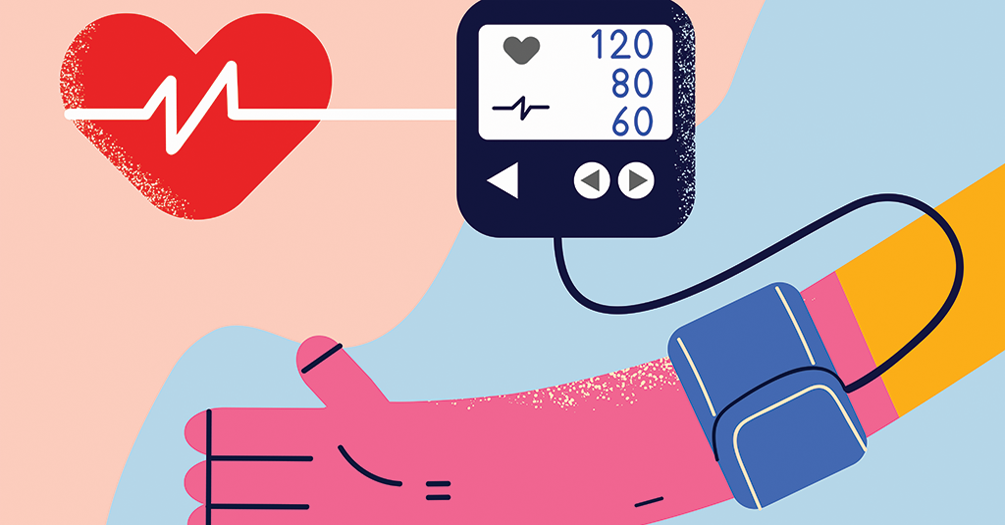
What to know about the new COVID-19 booster shots
Aubree Gordon quoted in the New York Times
A new COVID-19 booster shot for the Omricon variant will be made available. Aubree Gordon, associate professor of Epidemiology at the University of Michigan School of Public Health, describes the number of weeks it takes for anti-bodies from the booster shot to start working.





